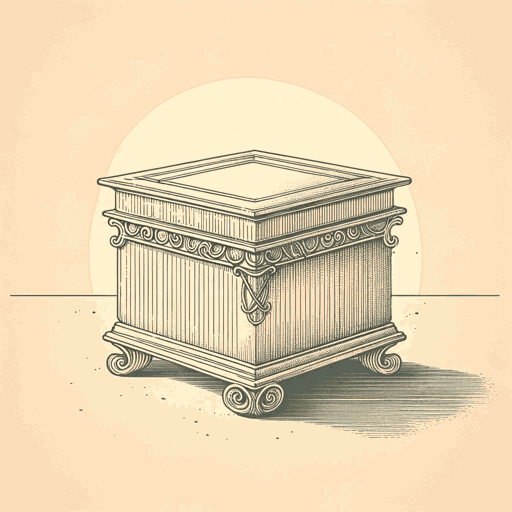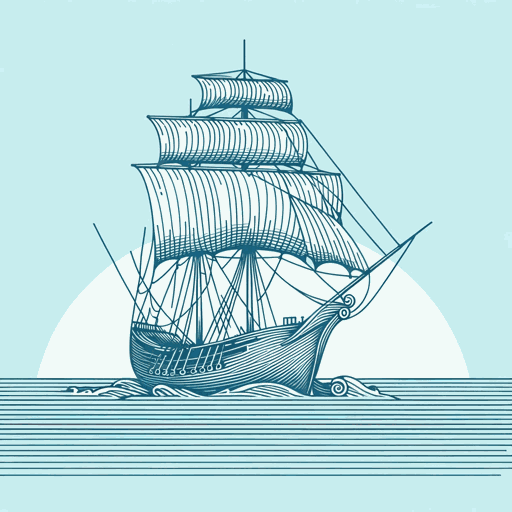96 pages • 3 hours read
Bernard EvslinHeroes, Gods and Monsters of the Greek Myths
Fiction | Short Story Collection | YA | Published in 1966A modern alternative to SparkNotes and CliffsNotes, SuperSummary offers high-quality Study Guides with detailed chapter summaries and analysis of major themes, characters, and more. For select classroom titles, we also provide Teaching Guides with discussion and quiz questions to prompt student engagement.
Introduction-Part 1, Chapters 1-6Chapter Summaries & Analyses
Part 1: “The Gods”
Introduction Summary
When Evslin was a child, his uncle read him the Iliad and the Odyssey (tales of the Trojan War and its aftermath) in Greek, translating into English as he read. Evslin welcomed knowing what the stories were about, though the English words did not have the beauty of the Greek. When he went on to study the stories in Greek and Latin as an adult, Evslin found that the English versions always left him with “this terrible loss” (9), and decided to retell them in English himself.
Evslin asks what they are like, “these stories so often retold” (9), and lists some of their core qualities. He notes that in Greek myths, “both good and evil come from the gods,” and that since heroes and monsters come from the same source, battles between the two are “family quarrel[s]” (10). What makes the monsters monstrous is rage: “the wrath of a god—or, more often, a goddess—carving a dangerous, ugly form for itself out of living flesh” (10). Heroes are associated with sunlight, monsters with darkness. These associations have “a moral quality,” and represent an “eternal struggle between the powers of Light and the powers of Darkness” (10).


